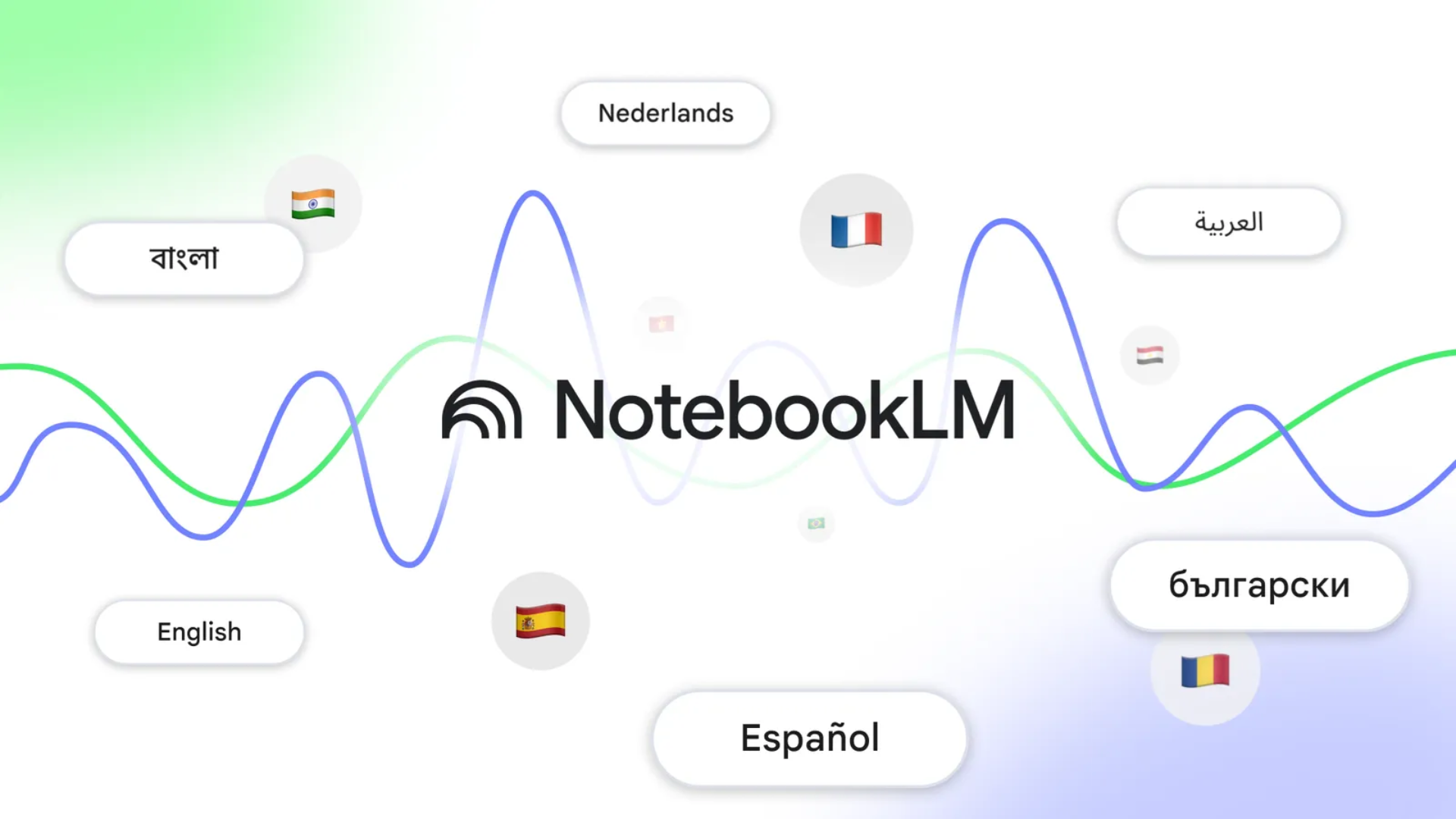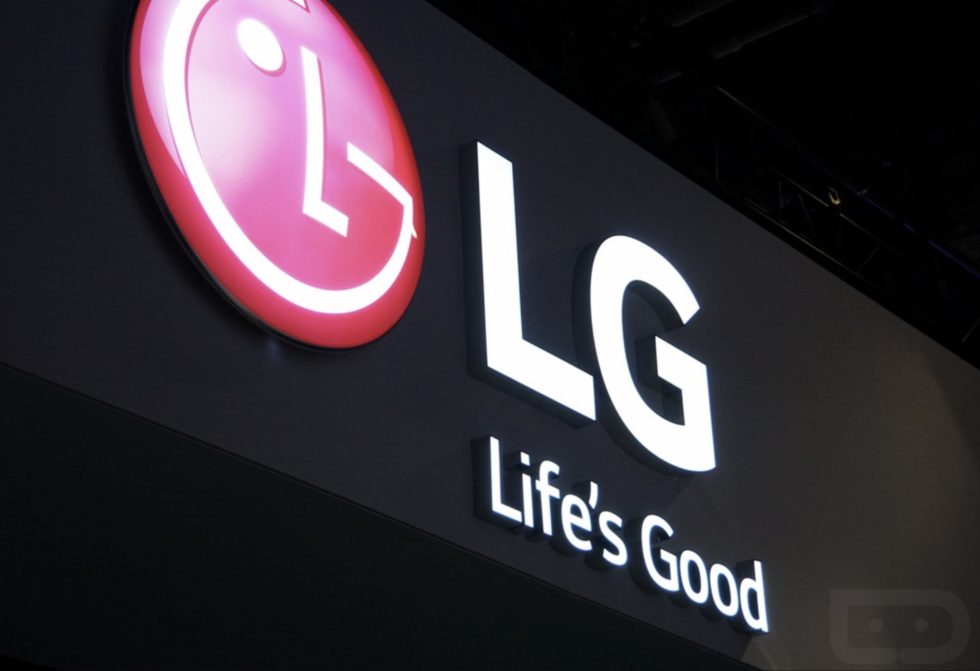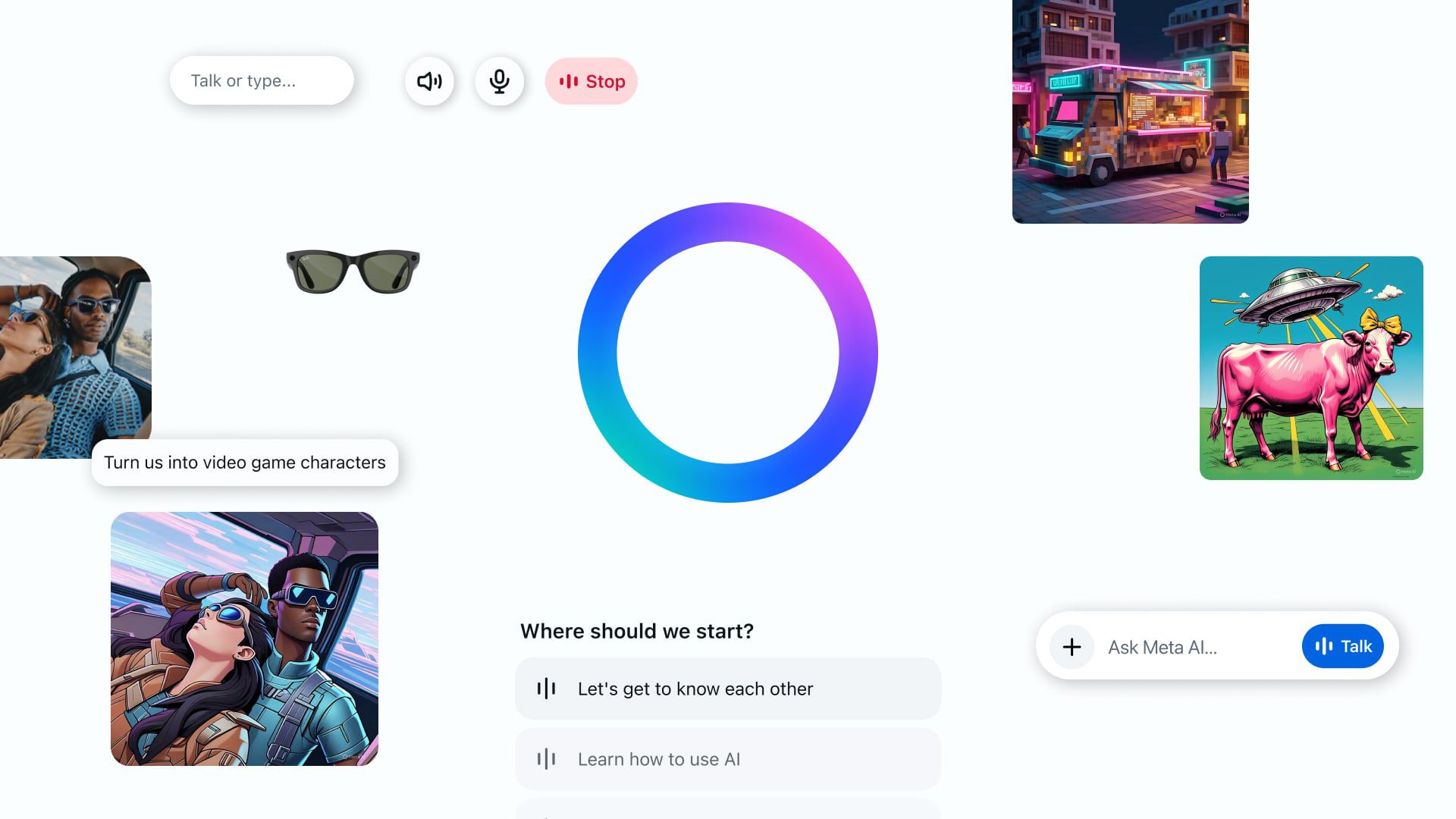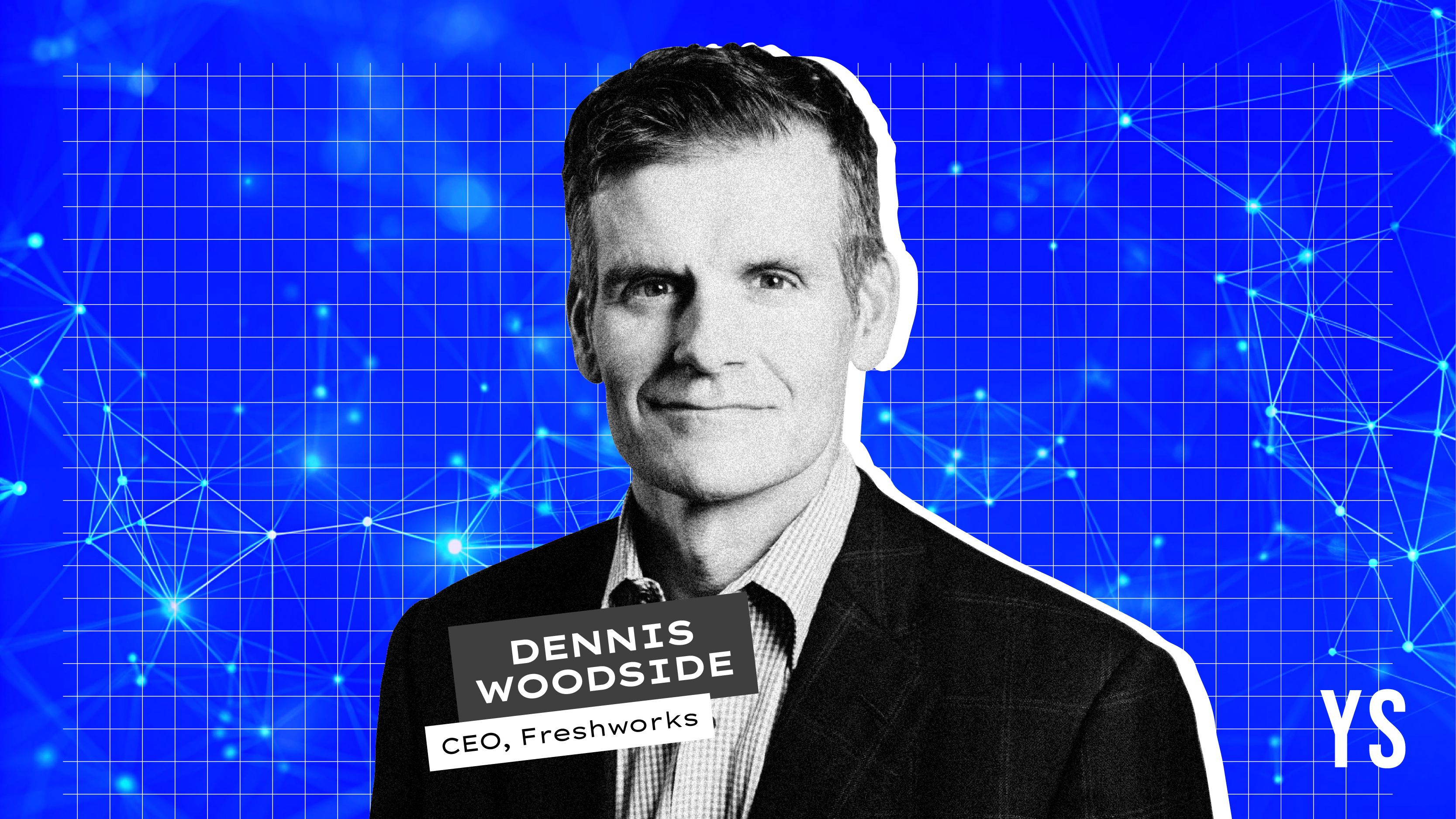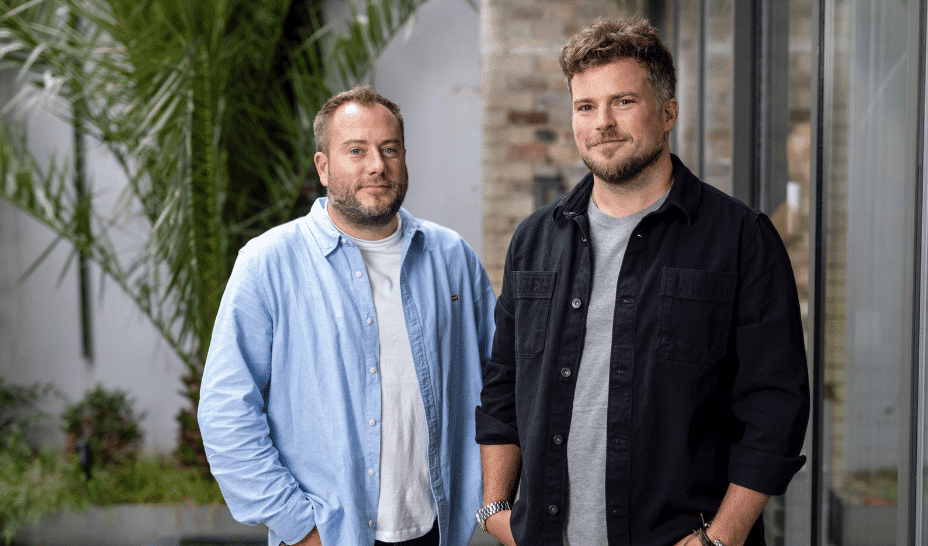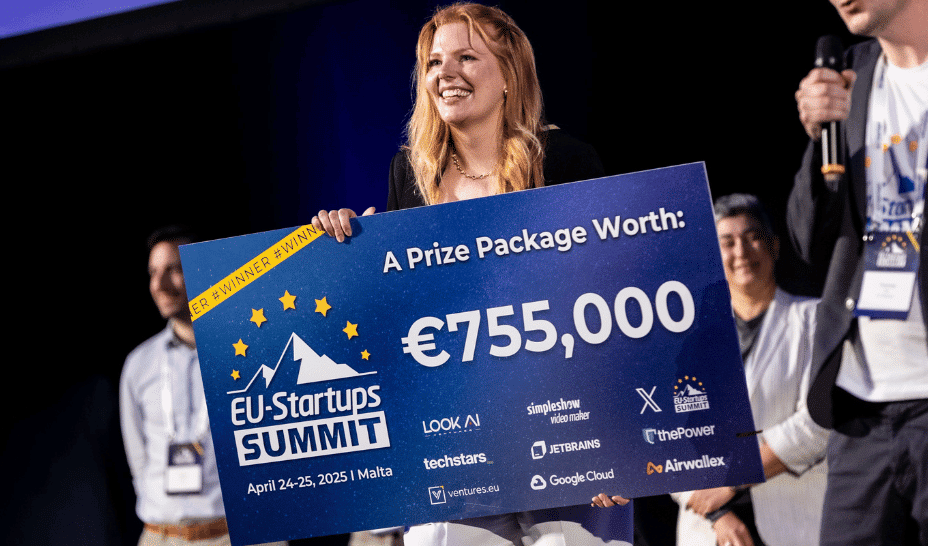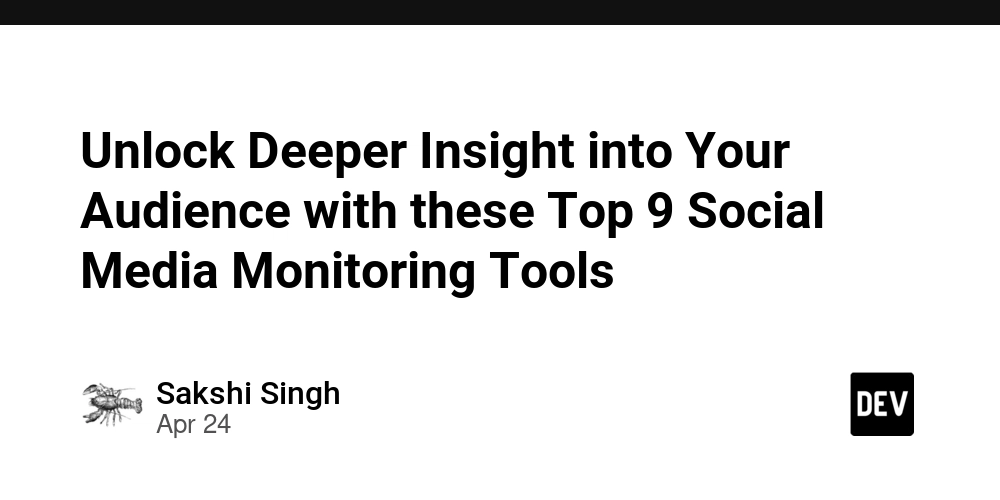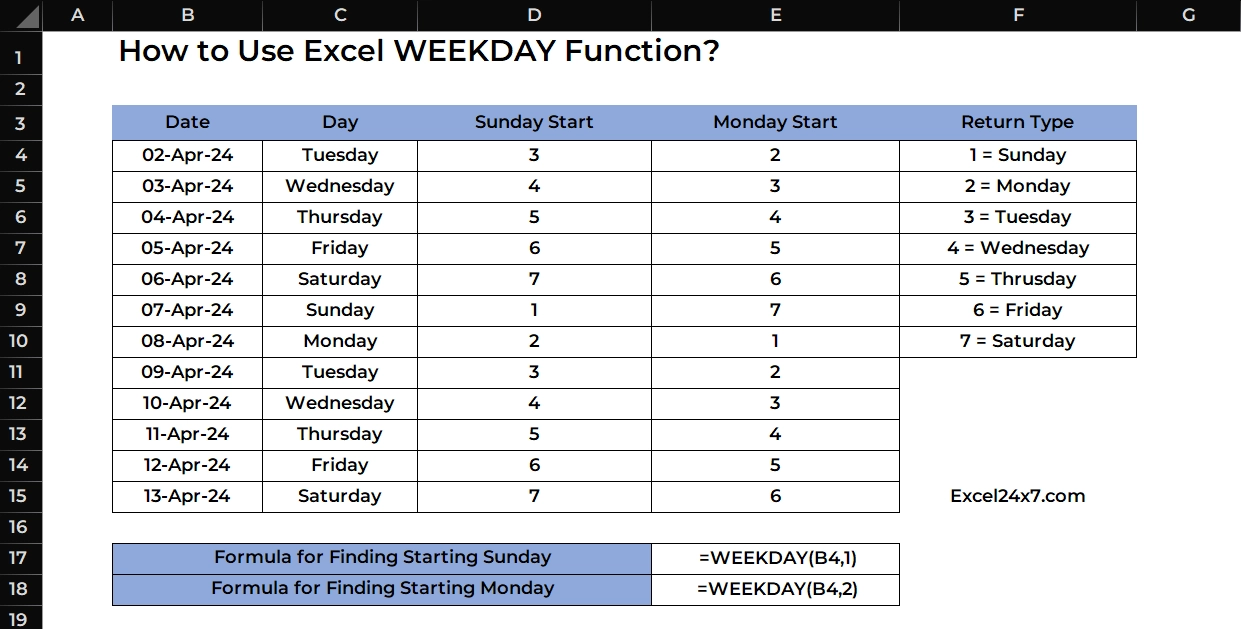Building the Future: Insights from Parker Conrad
In a recent episode of How to Build the Future, Garry sits down with Parker Conrad, the co-founder and CEO of Rippling, a company valued at $13.5 billion. Parker shares his journey through the startup world, discussing his early experiences, the challenges he faced, and how he views the future of software and AI in business. Key Takeaways Early Experiences: Parker's journey began with a fascination for computers and technology, leading him to fix computers for friends and family. Startup Challenges: He faced numerous rejections and failures before finding success with Zenefits and later Rippling. AI's Role: AI is set to transform how businesses operate, making larger companies run more efficiently. Compound Software: Parker advocates for a new model of software that integrates multiple functions, rather than focusing on single solutions. Early Days and Entrepreneurial Spirit Parker Conrad's story starts in his childhood, where he developed a knack for technology. He began fixing computers for family friends, which sparked his interest in the tech world. This early experience laid the groundwork for his future ventures. While at Harvard, Parker got involved with the college newspaper, which consumed much of his time and led to his temporary expulsion. This experience taught him about taking on established systems, a theme that would recur in his entrepreneurial journey. The Startup Rollercoaster After graduating, Parker worked at a biotech firm but soon felt the itch to start his own company. He teamed up with a college roommate to launch a startup, but their initial idea—a wiki for stock research—failed to gain traction. This led to years of pivots and rejections, with Parker pitching to over 70 investors, most of whom said no. Despite the setbacks, Parker learned valuable lessons about the unpredictability of consumer businesses. He realized that many startups fail not because of a lack of effort but due to market conditions and investor whims. Finding Product-Market Fit Parker's breakthrough came with Zenefits, where he discovered a strong product-market fit. Unlike his previous ventures, Zenefits resonated with users, leading to rapid growth. The company went from zero to a million in revenue in just a year, and then from one to twenty million the next year. However, the success was not without its challenges. Parker faced a sudden CEO transition and compliance issues that led to his departure from Zenefits. This experience was a harsh reminder of the volatility in the startup world. The Birth of Rippling After a brief hiatus, Parker returned to the startup scene with Rippling. He aimed to create a compound software solution that integrated various business functions, from HR to IT. This approach was a departure from the narrow focus of many startups, which often led to inefficiencies. Parker emphasized the importance of building a comprehensive software suite that could address multiple business needs simultaneously. This model, he believes, is the future of software development. The Role of AI in Business Parker sees AI as a game-changer for businesses. He believes it will allow larger companies to operate with the agility of smaller ones. By leveraging AI, businesses can streamline operations and make data-driven decisions more effectively. For instance, Rippling has developed AI features that help predict employee performance based on their early work. This proactive approach allows companies to intervene early if an employee is struggling, ultimately leading to better outcomes. The Future of Software Development Parker's vision for Rippling is to create a new standard for business software. He argues that the traditional model of single-function software is outdated. Instead, he advocates for a compound approach that integrates various applications into a cohesive system. This shift could lead to more efficient business processes and better overall performance. However, Parker acknowledges that the journey is still ongoing, and the ultimate success of this model remains to be seen. In conclusion, Parker Conrad's journey through the startup landscape is a testament to resilience and innovation. His insights into the future of software and the role of AI provide a glimpse into what businesses can expect in the coming years. As he continues to build Rippling, the focus remains on creating a better, more integrated software experience for companies of all sizes.
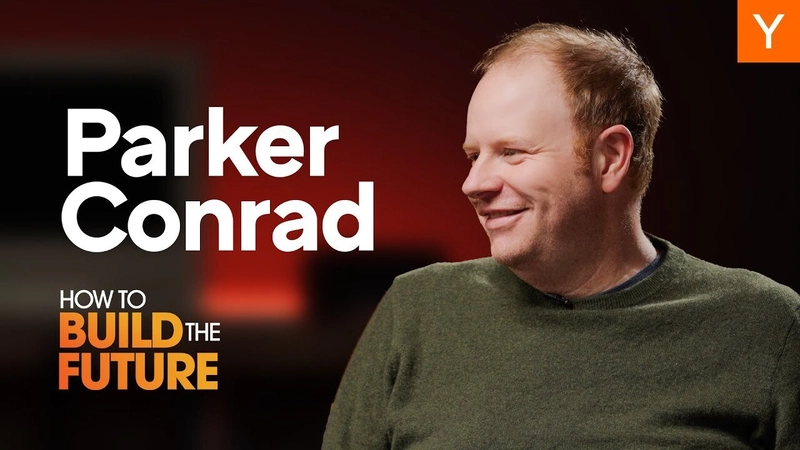
In a recent episode of How to Build the Future, Garry sits down with Parker Conrad, the co-founder and CEO of Rippling, a company valued at $13.5 billion. Parker shares his journey through the startup world, discussing his early experiences, the challenges he faced, and how he views the future of software and AI in business.
Key Takeaways
- Early Experiences: Parker's journey began with a fascination for computers and technology, leading him to fix computers for friends and family.
- Startup Challenges: He faced numerous rejections and failures before finding success with Zenefits and later Rippling.
- AI's Role: AI is set to transform how businesses operate, making larger companies run more efficiently.
- Compound Software: Parker advocates for a new model of software that integrates multiple functions, rather than focusing on single solutions.
Early Days and Entrepreneurial Spirit
Parker Conrad's story starts in his childhood, where he developed a knack for technology. He began fixing computers for family friends, which sparked his interest in the tech world. This early experience laid the groundwork for his future ventures.
While at Harvard, Parker got involved with the college newspaper, which consumed much of his time and led to his temporary expulsion. This experience taught him about taking on established systems, a theme that would recur in his entrepreneurial journey.
The Startup Rollercoaster
After graduating, Parker worked at a biotech firm but soon felt the itch to start his own company. He teamed up with a college roommate to launch a startup, but their initial idea—a wiki for stock research—failed to gain traction. This led to years of pivots and rejections, with Parker pitching to over 70 investors, most of whom said no.
Despite the setbacks, Parker learned valuable lessons about the unpredictability of consumer businesses. He realized that many startups fail not because of a lack of effort but due to market conditions and investor whims.
Finding Product-Market Fit
Parker's breakthrough came with Zenefits, where he discovered a strong product-market fit. Unlike his previous ventures, Zenefits resonated with users, leading to rapid growth. The company went from zero to a million in revenue in just a year, and then from one to twenty million the next year.
However, the success was not without its challenges. Parker faced a sudden CEO transition and compliance issues that led to his departure from Zenefits. This experience was a harsh reminder of the volatility in the startup world.
The Birth of Rippling
After a brief hiatus, Parker returned to the startup scene with Rippling. He aimed to create a compound software solution that integrated various business functions, from HR to IT. This approach was a departure from the narrow focus of many startups, which often led to inefficiencies.
Parker emphasized the importance of building a comprehensive software suite that could address multiple business needs simultaneously. This model, he believes, is the future of software development.
The Role of AI in Business
Parker sees AI as a game-changer for businesses. He believes it will allow larger companies to operate with the agility of smaller ones. By leveraging AI, businesses can streamline operations and make data-driven decisions more effectively.
For instance, Rippling has developed AI features that help predict employee performance based on their early work. This proactive approach allows companies to intervene early if an employee is struggling, ultimately leading to better outcomes.
The Future of Software Development
Parker's vision for Rippling is to create a new standard for business software. He argues that the traditional model of single-function software is outdated. Instead, he advocates for a compound approach that integrates various applications into a cohesive system.
This shift could lead to more efficient business processes and better overall performance. However, Parker acknowledges that the journey is still ongoing, and the ultimate success of this model remains to be seen.
In conclusion, Parker Conrad's journey through the startup landscape is a testament to resilience and innovation. His insights into the future of software and the role of AI provide a glimpse into what businesses can expect in the coming years. As he continues to build Rippling, the focus remains on creating a better, more integrated software experience for companies of all sizes.


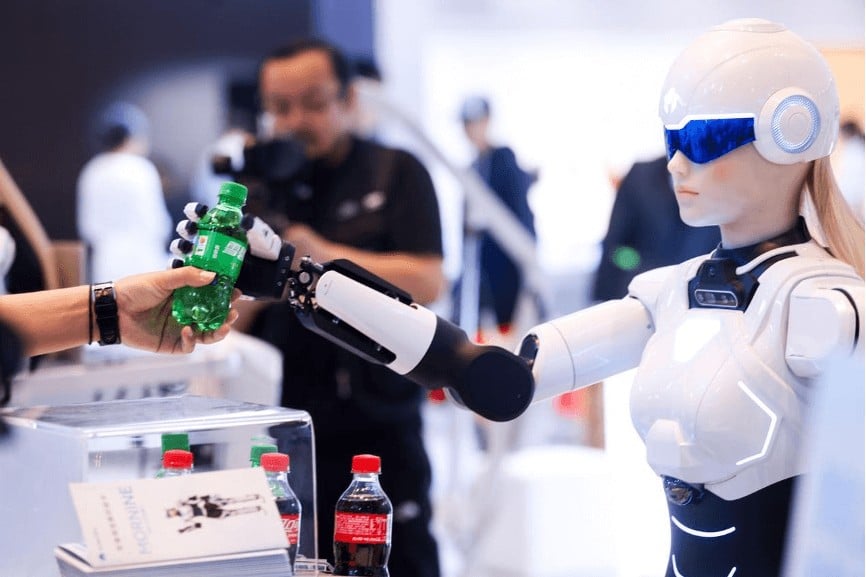













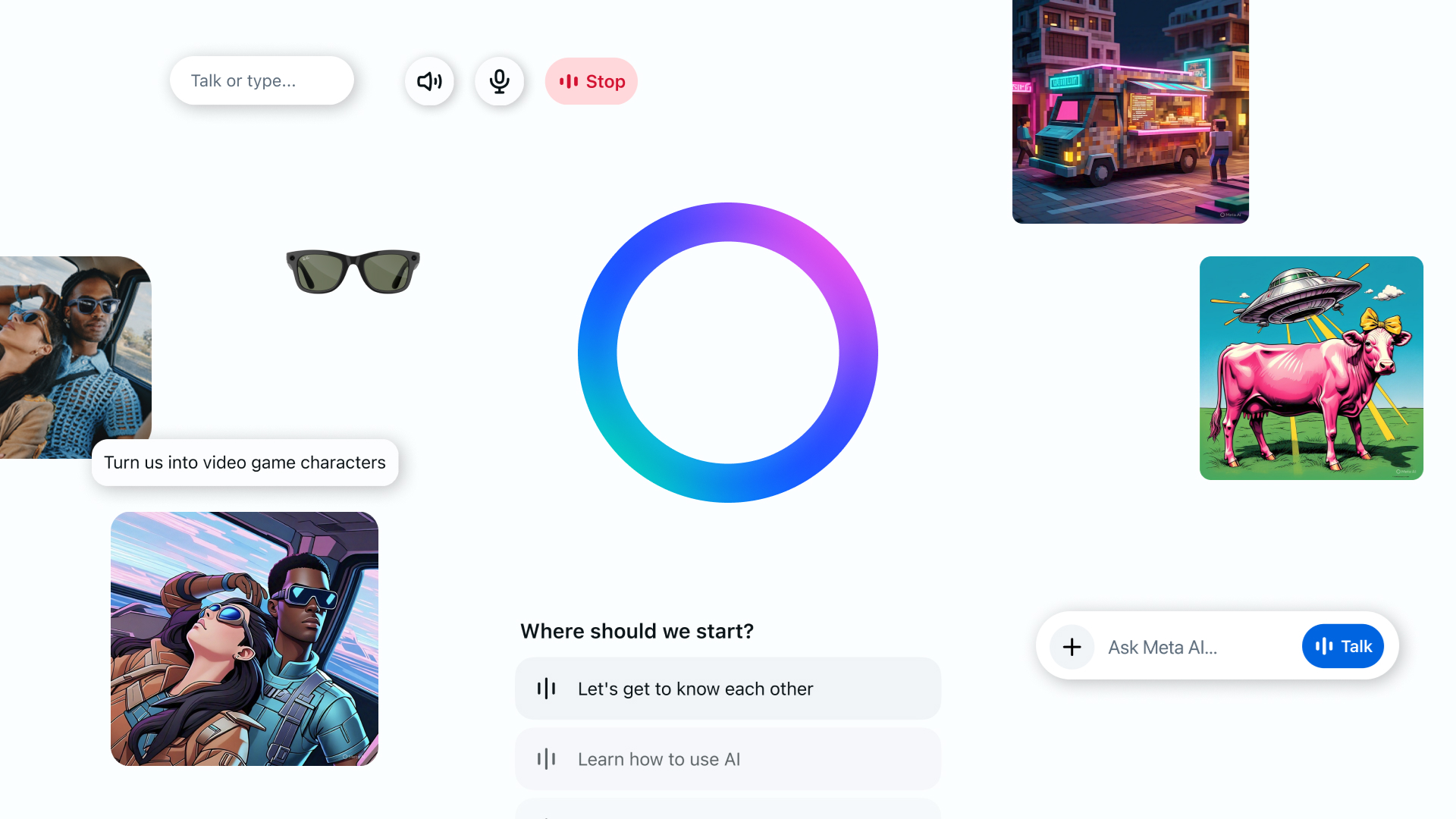













































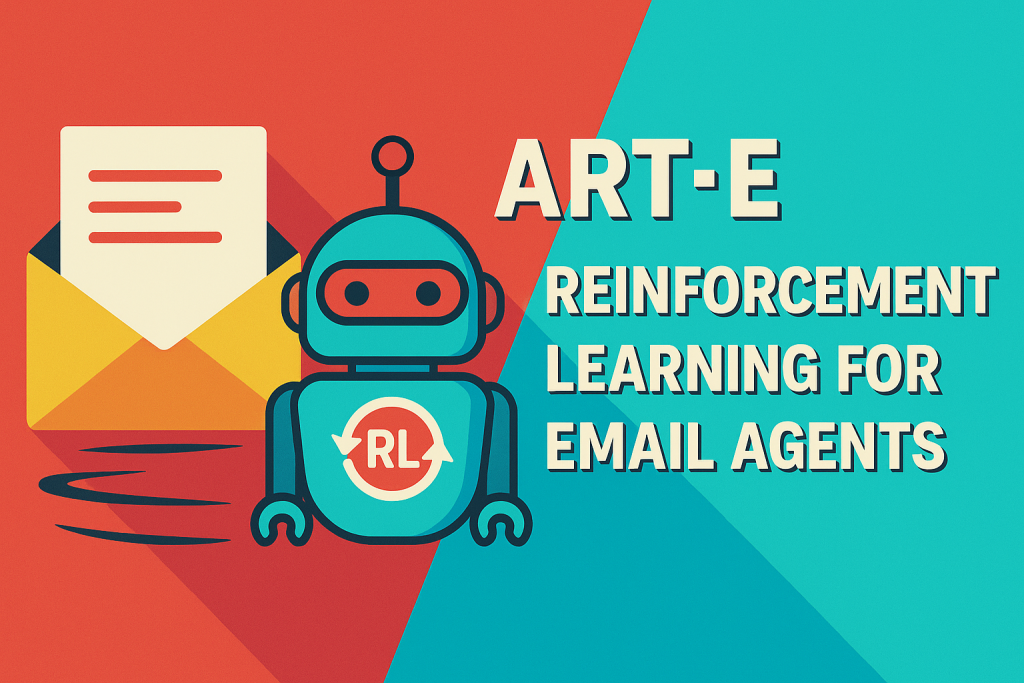















































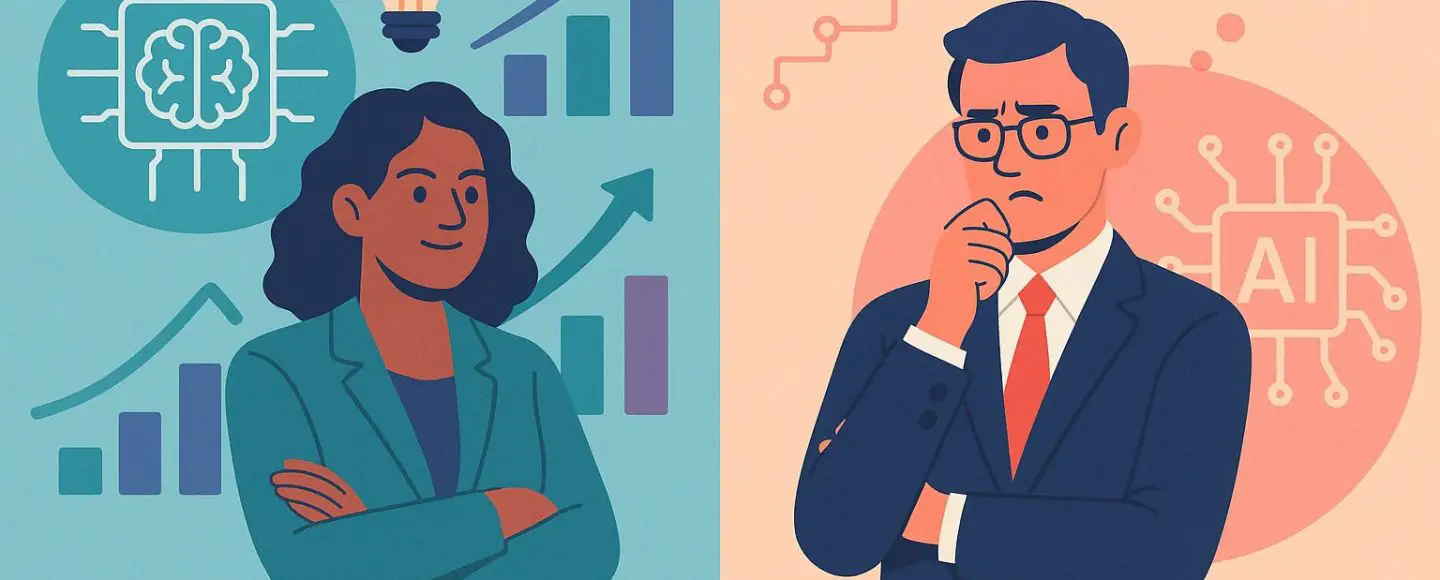






















































![[The AI Show Episode 145]: OpenAI Releases o3 and o4-mini, AI Is Causing “Quiet Layoffs,” Executive Order on Youth AI Education & GPT-4o’s Controversial Update](https://www.marketingaiinstitute.com/hubfs/ep%20145%20cover.png)













































































































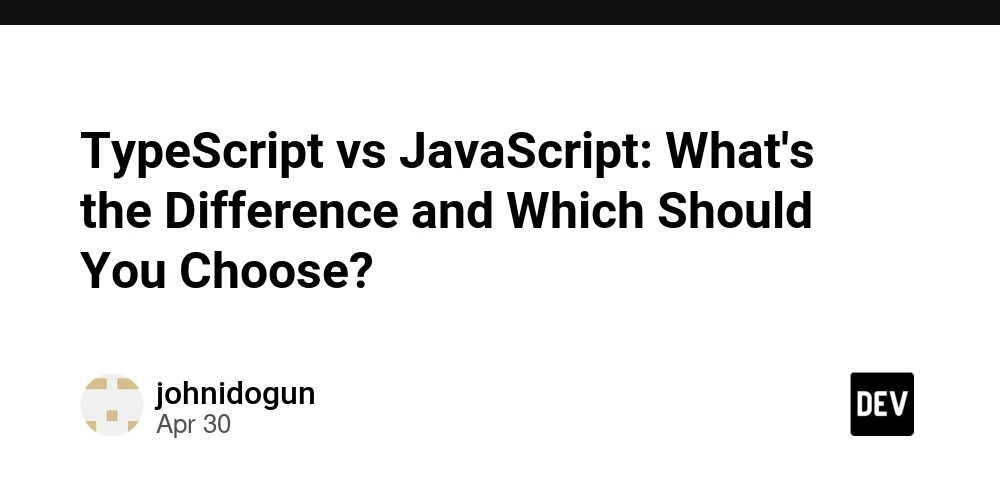
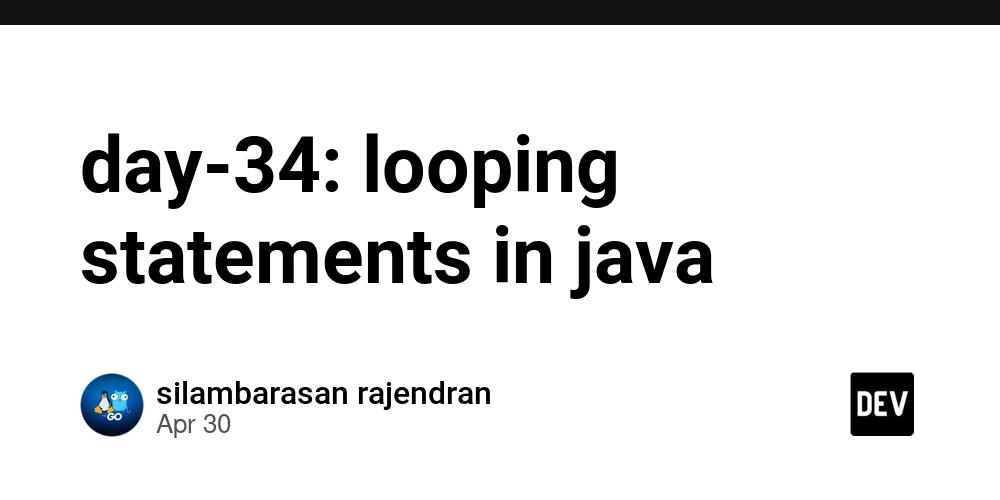
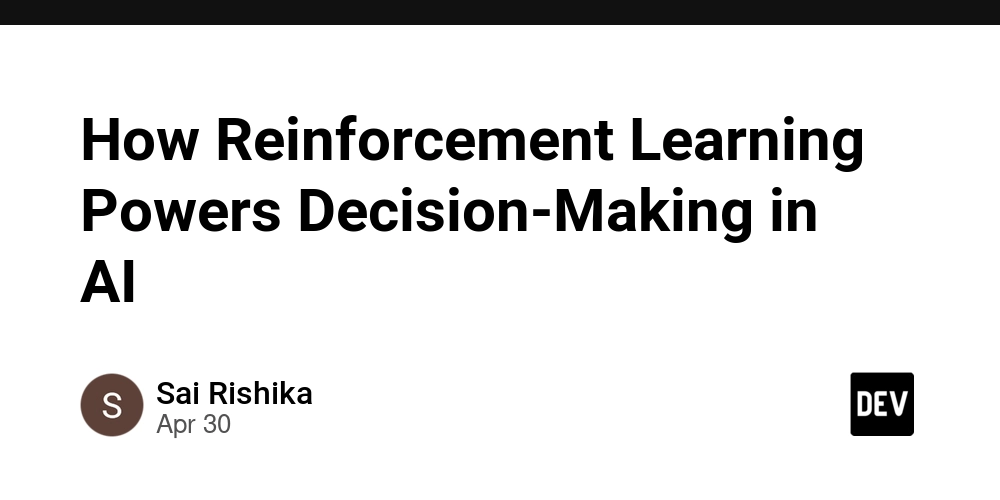
























































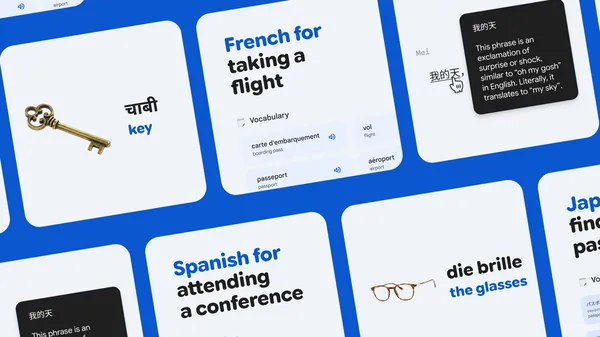

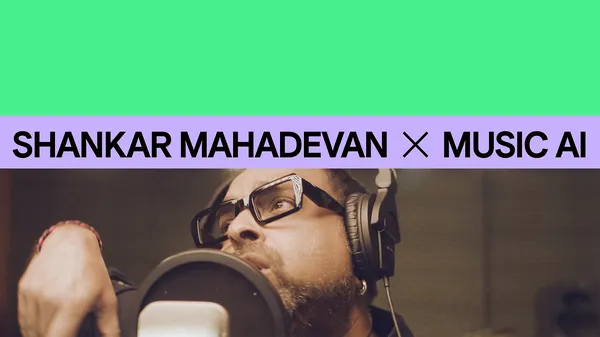
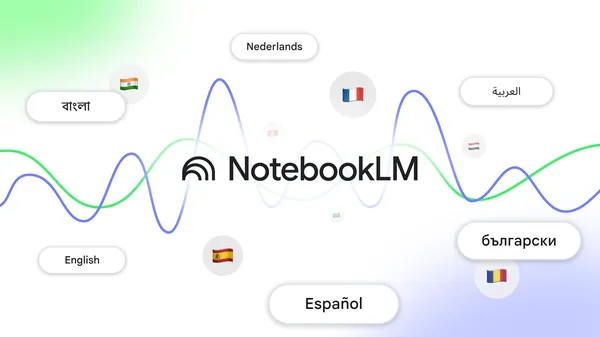





































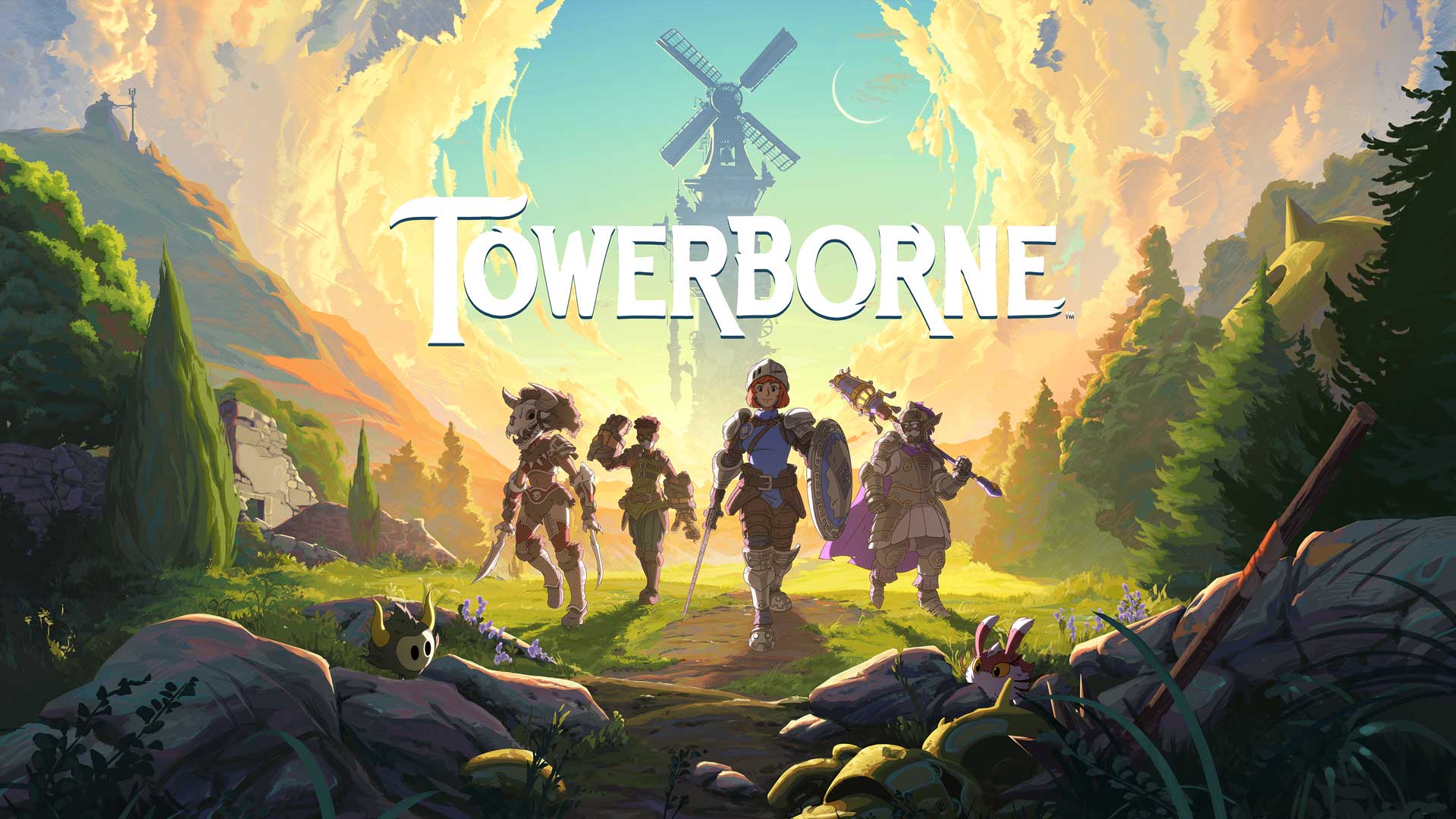





















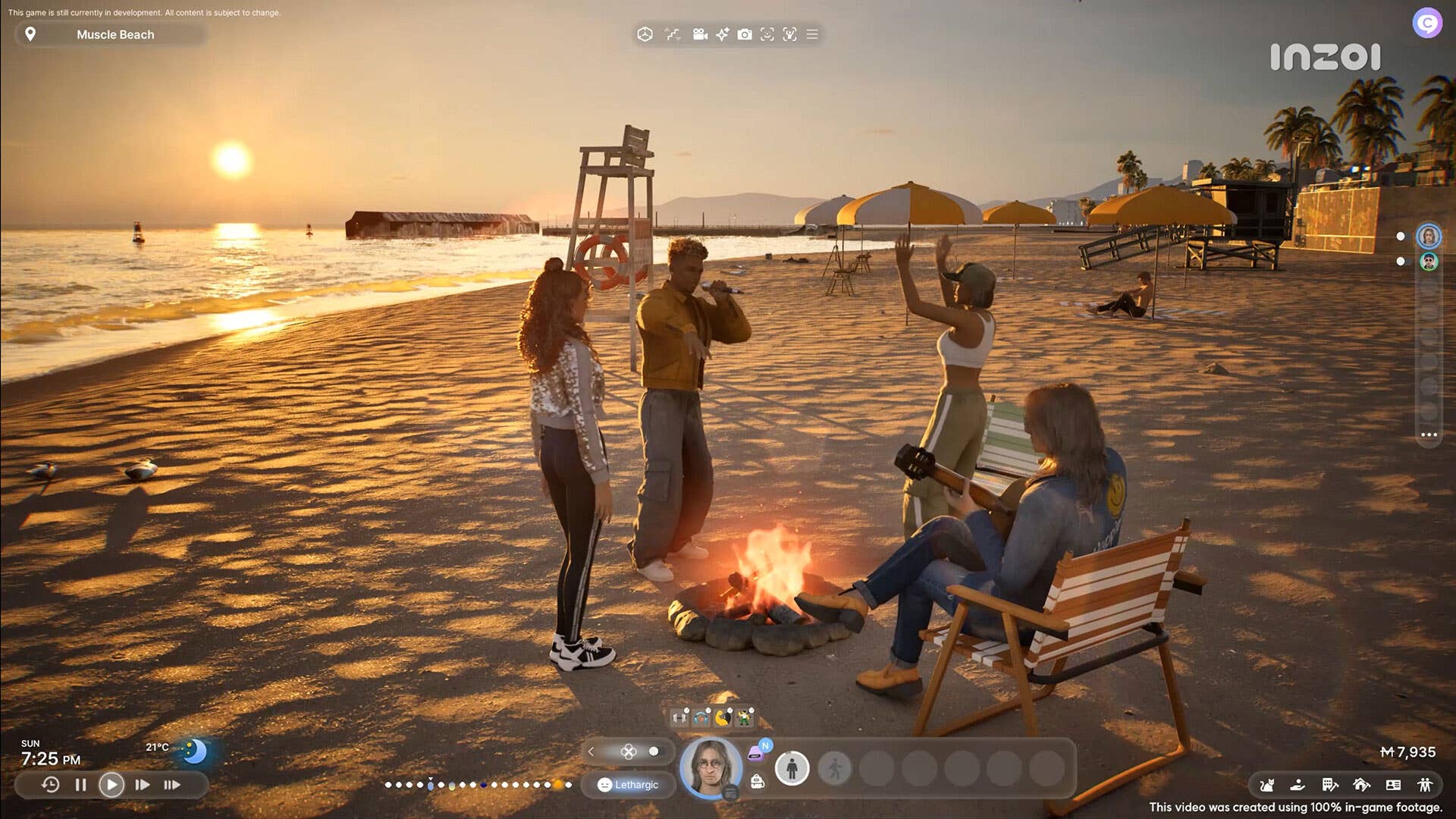































_NicoElNino_Alamy.jpg?width=1280&auto=webp&quality=80&disable=upscale#)



















































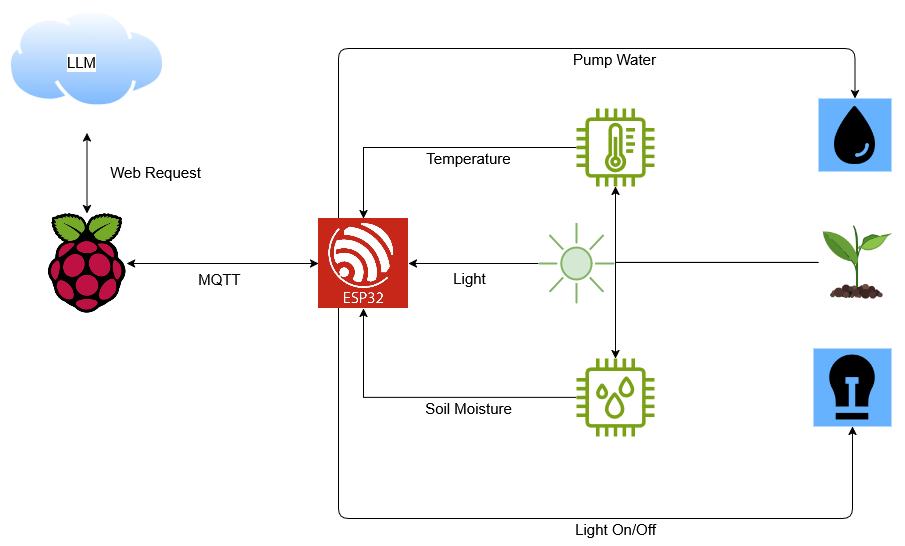

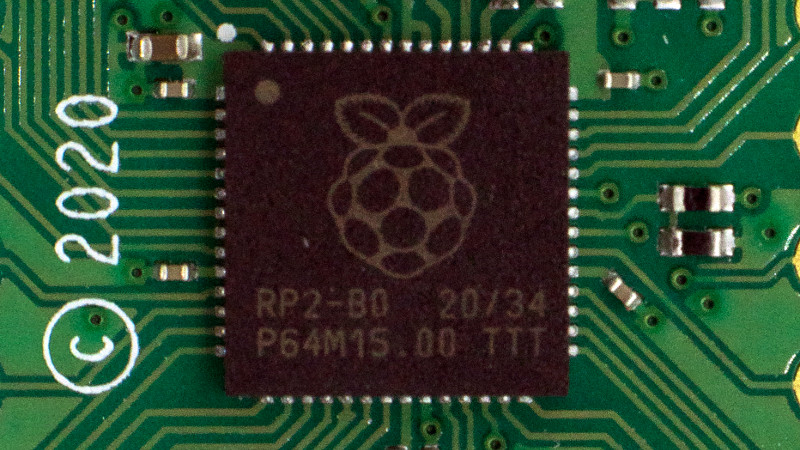


















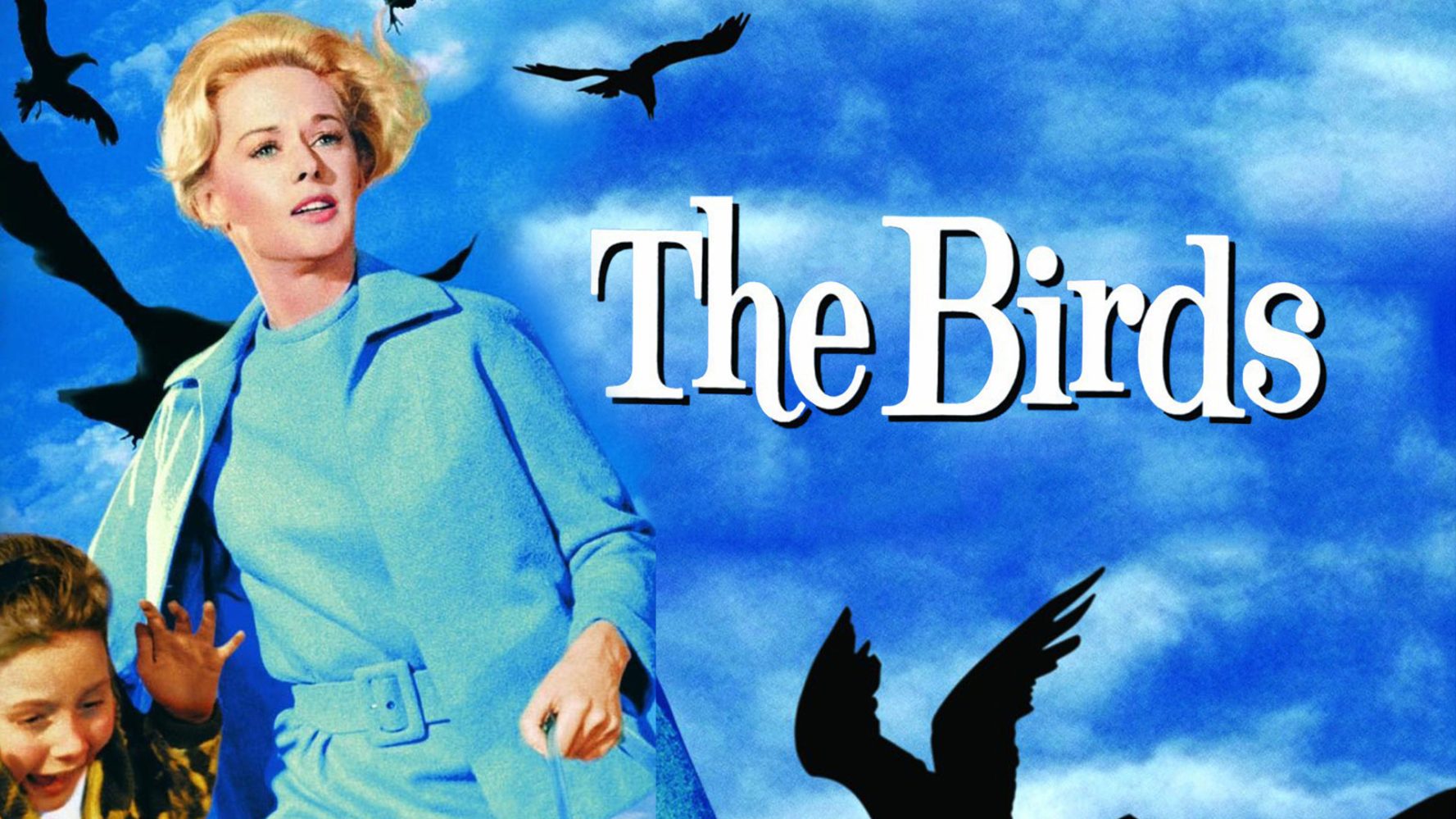




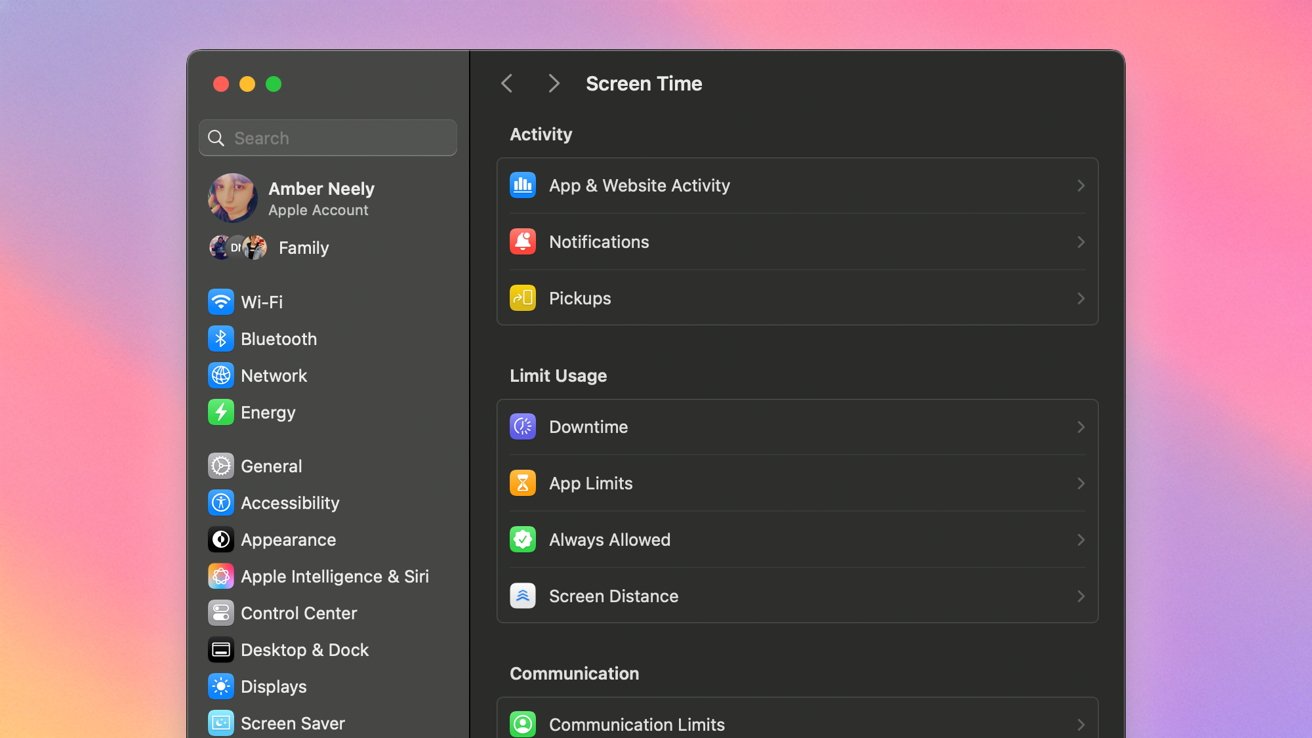



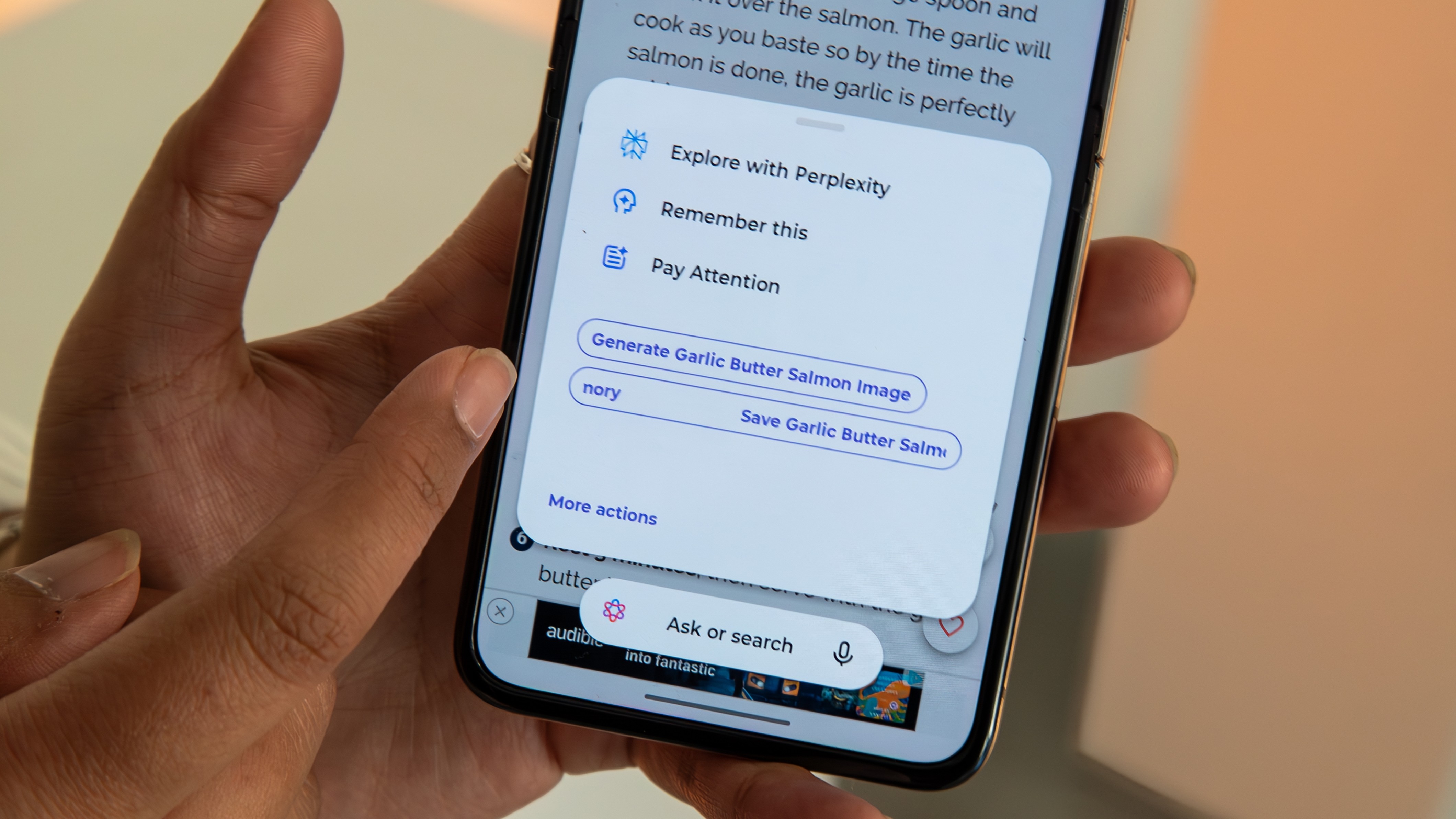









![Craft adds Readwise integration for working with book notes and highlights [50% off]](https://i0.wp.com/9to5mac.com/wp-content/uploads/sites/6/2025/04/craft3.jpg.png?resize=1200%2C628&quality=82&strip=all&ssl=1)











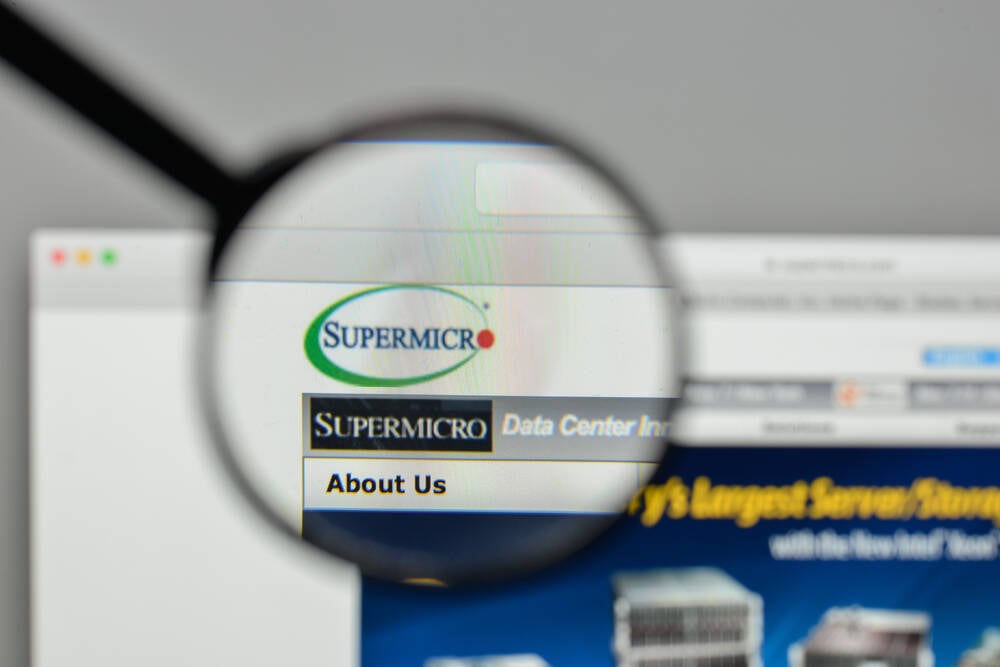
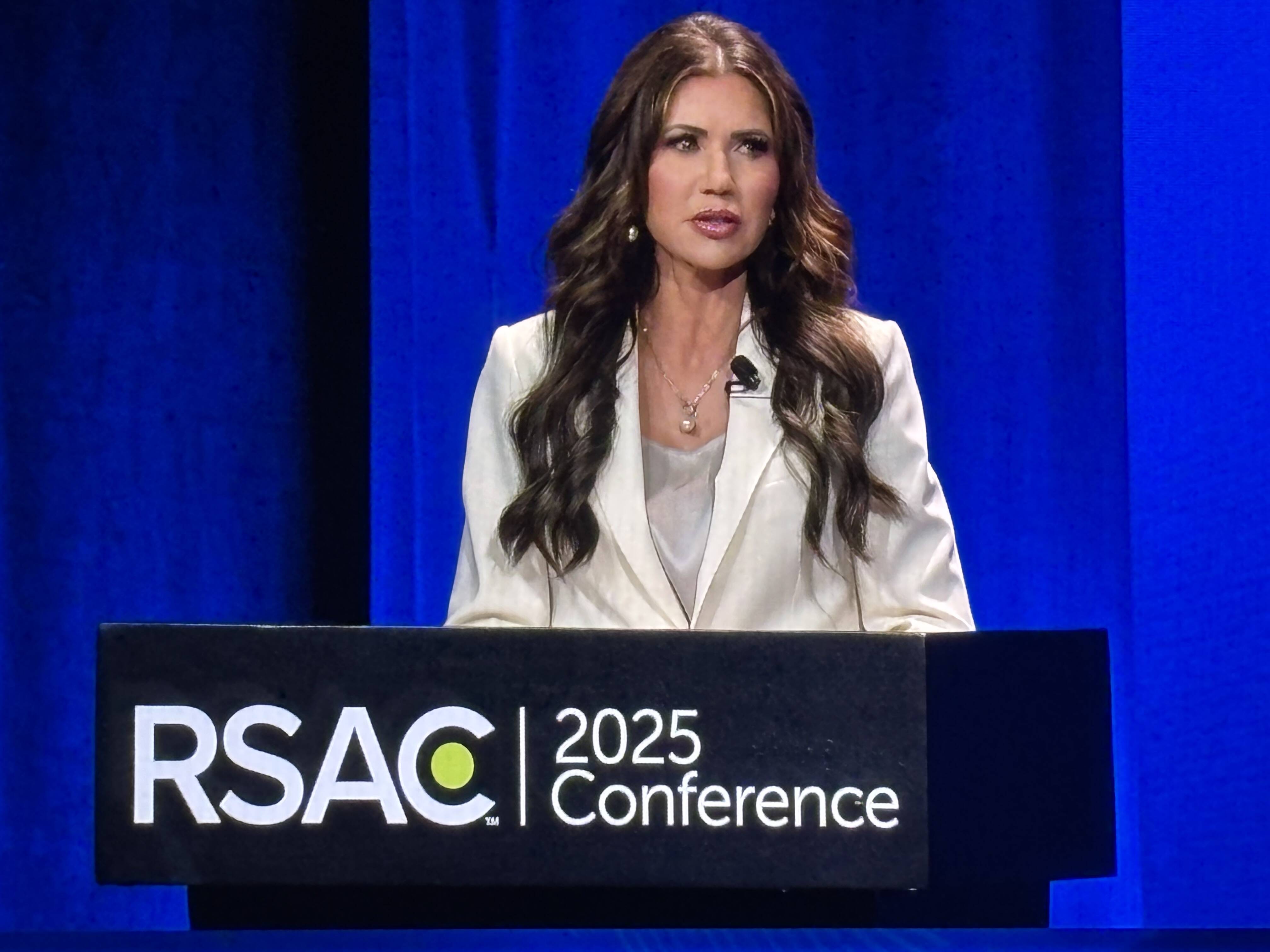
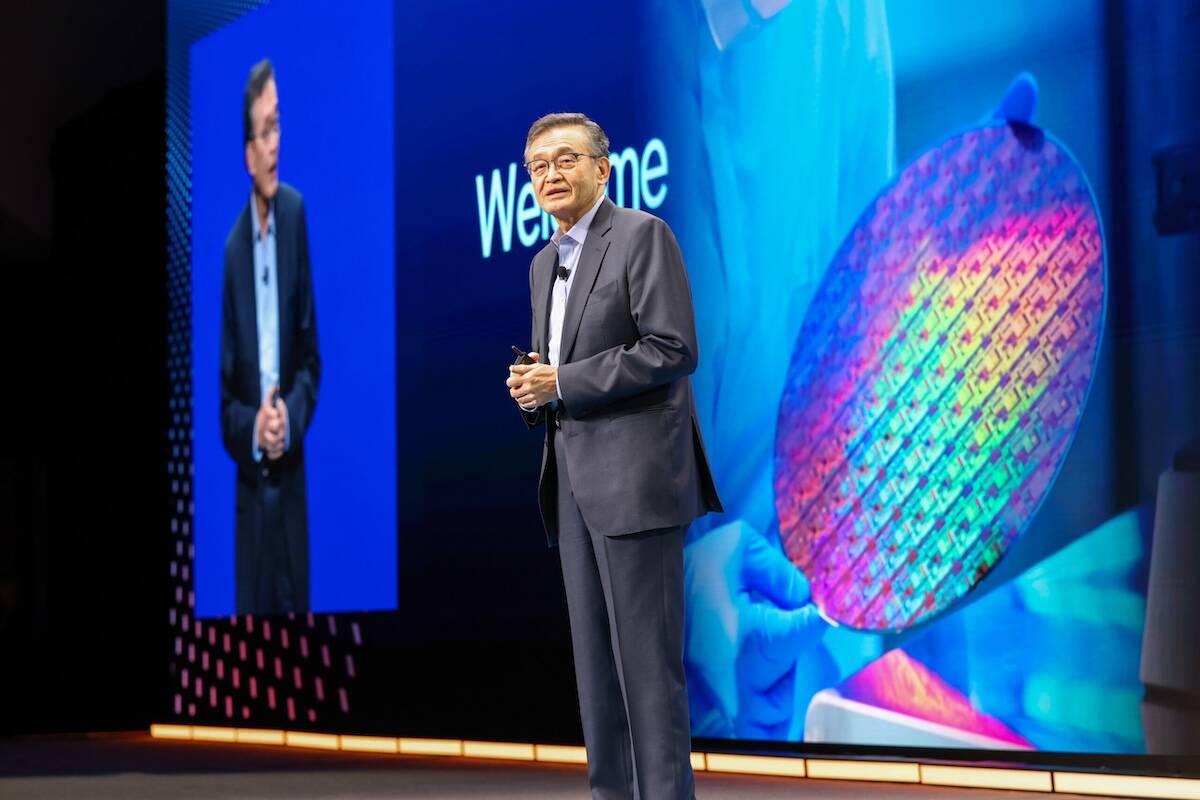

![Apple Restructures Global Affairs and Apple Music Teams [Report]](https://www.iclarified.com/images/news/97162/97162/97162-640.jpg)
![New iPhone Factory Goes Live in India, Another Just Days Away [Report]](https://www.iclarified.com/images/news/97165/97165/97165-640.jpg)



















